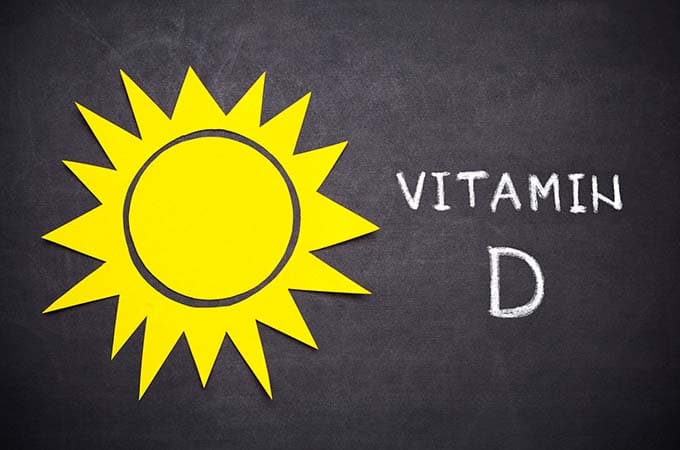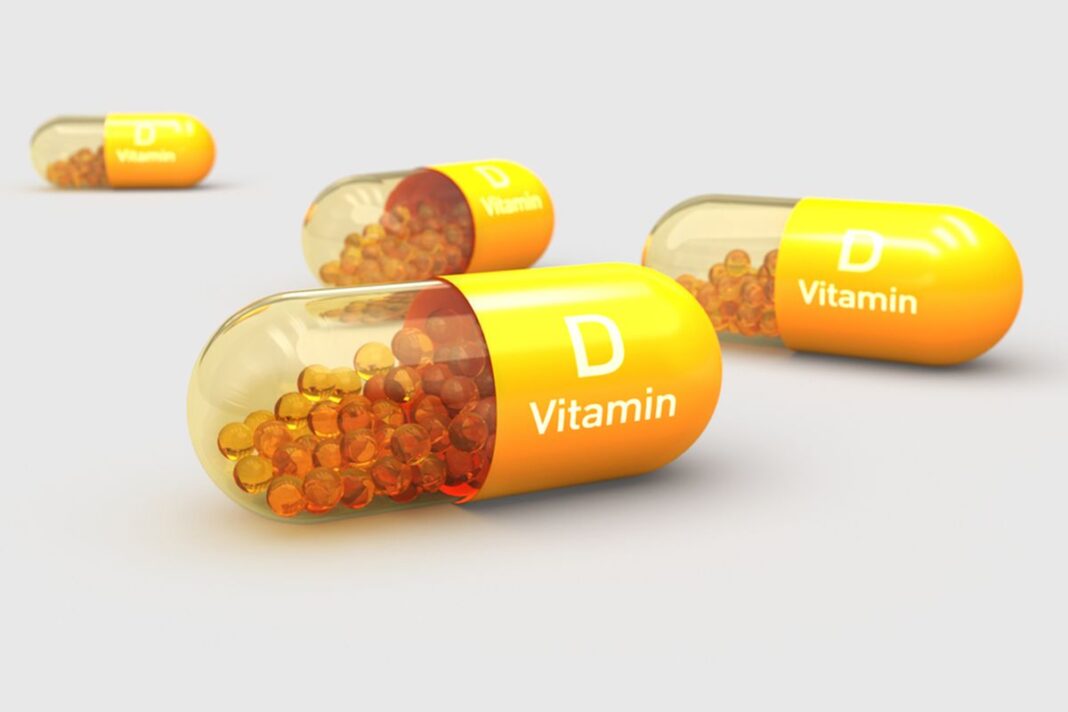Vitamin D Health Benefits
Vitamin D is an essential vitamin that we all need for strong bones and plenty of other beneficial reasons for our body.
As we all know, vitamins are organic chemicals our bodies can’t produce naturally without obtaining them from different dietary sources.
Hence, the need for supplements and a diet rich in vitamin D. But do you know the sources from which we can obtain them and the benefits of having vitamin D in our bodies?
This article explains vitamin D’s benefits, sources, the risks and dangers of vitamin D deficiency, and everything you need to know about this fat-soluble vitamin.
Vitamin D health benefits
Stronger bones
On top of making your bones more substantial, a healthy amount of vitamin D can help you prevent or slow Osteoporosis and have a better chance of escaping broken bones.
Weight loss
Vitamin D supplements have always been linked to weight loss since they often make you feel less hungry. And the secret to weight loss is more calories out than in.

So what are the sources you can obtain vitamin D from?
The Sun
The sun’s UV rays help our bodies produce vitamin D. You may have read several articles referring to vitamin D as the “sunshine vitamin.” This is true since the sun may well as be the best source, and it is free of cost.
It is also mentioned that the vitamin D sourced from the sun may circulate twice as long as other supplements and foods you take.
But there’s a catch to it, vitamin D derived from the sun may vary according to some circumstances.
A person’s age and skin tone
It is studied that a person with lighter skin does not need to spend as much time in the sun soaking in all the vitamins compared to a person with a darker skin tone.
This is because a person with darker skin has more melanin, which prohibits them from producing vitamin D, unlike a person with lighter skin.
However, certain factors like age can also be an important factor that prohibits the skin from turning the cholesterol present, which turns into vitamin D when exposed to sunlight, since the skin becomes less efficient with age.
Your location
Researchers have mentioned that people living closer to the equator get or produce more vitamin D since the sun’s ray strikes there directly and all year-round.
The clothes you wear and sunscreen
It would help if you had direct and raw sunlight on your skin to absorb and produce vitamin D. Hence, wearing certain clothes and sunscreen are bound to block or hinder absorbing and producing the nutrient.
The recommended amount of UV rays your skin needs to produce vitamin D is the bare minimum.
Protecting your skin against UV rays, which can cause diseases such as cancer, is essential, and you need sunscreen. But a daily intake of natural sunlight for 8-15 minutes for a light skin individual can help produce the necessary amount of vitamin D daily.
You may need more exposure to sunlight if you have darker skin.
Vitamin D from food
Generally, the riches source of vitamin D you get from your diet comes from fatty seafood. Seafood like fatty fish or canned salmon contains at least 386 IU of vitamin D per 100 grams of serving, compared to other foods that contain essential vitamin D.
Other food sources like meat and egg yolk are also among the best sources of vitamin D for your body. For vegetarians, fortified soy milk and mushrooms are among the best dietary sources.
You can opt to drink or eat fortified foods like cow’s milk; certain types of yogurts also contain vitamin D, cereals, orange juice, and other good sources.
It is always advised to do more research and includes food rich in vitamin D in your diet.
Vitamin D supplements
Not a lot of food is rich in vitamin D, and people who do not have access to these kinds of food or want to ensure taking an acceptable amount of vitamin D should consider taking supplements.
In this case, some people do not get adequate sunlight for geographical reasons, and taking supplements is the way to go.
However, while it is good to take these supplements, doctors and researchers advise people only to buy high-quality vitamin D supplements.
The supplements independently tested for quality and purity by third-party organizations such as Informed-Choice, Banned Substances Controlled Group (BSCG), U.S. Pharmacopeia (USP), or ConsumerLab.com are preferred.
There are also other vitamin D supplements for vegans and vegetarians since most of these supplements come from animal sources.

What if you have a vitamin D toxicity or deficiency?
For an average adult aged 18-70, recommended vitamin D intake a day is 600 IU. However, in the case of an upper limit, what seems to be okay is 4000 IU/day.
Even though vitamin D toxicity is rare or happens due to prescription errors or intense wrong supplement intake, in this case, a person is at risk of extremely high blood calcium levels or leading to hypercalcemia.
This results in the hardening of the lungs, blood vessels, heart, and kidney tissues.
However, a deficiency of vitamin D in adults can lead to:
- Bone pain.
- Fatigue.
- Muscle issues.
- Depression.
Vitamin D deficiency in adults is seen as rare, and people with more melanin are more prone to it than people with lighter skin.
A deficiency of vitamin D in infants can lead to:
- Muscle weakness.
- Joint deformities.
- Bone pain.
- Lead to incorrect growth patterns.
A mild deficiency may cause weak or painful muscles in infants in vitamin D.
Vitamin D is essential and can potentially reduce or prevent the risk of many specific types of diseases.
However, even though it is essential, the population worldwide does not get enough of it due to reasons like geographical locations and such.
Making sure you have a decent level of vitamin D is beneficial and adding rich vitamin D foods to your diet is the way to go. You also have the option to take vitamin D supplements if food rich in it is scarcely available.




